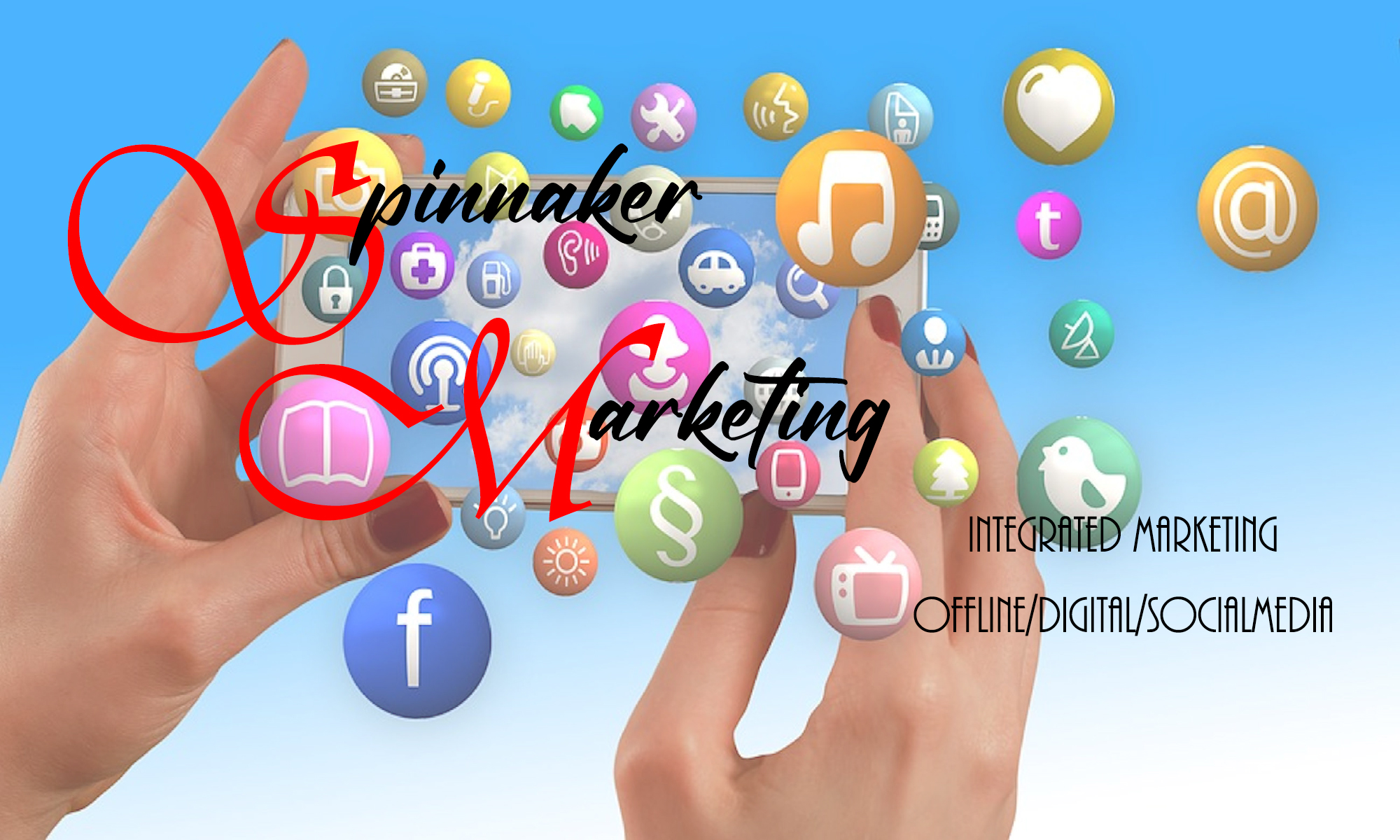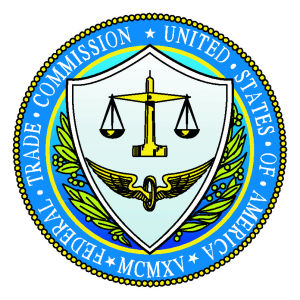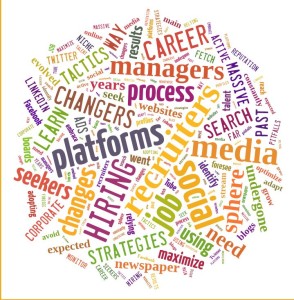 We have all seen them, use them or been annoyed by them when abused, something I call hashtag vomit. Users who don’t understand hashtags tagging their post with so many irrelevant and annoying hashtags you just want to move on without reading the post.
We have all seen them, use them or been annoyed by them when abused, something I call hashtag vomit. Users who don’t understand hashtags tagging their post with so many irrelevant and annoying hashtags you just want to move on without reading the post.
It started on Twitter, Facebook unsuccessfully tried to incorporate them in posts, LinkedIn gave up on them, Instagram and Pinterest users swear by them but few actually understand their use and purpose.
By definition, A hashtag is a type of label used on social network and micro blogging platforms to make it easier for users to find messages with a specific theme or content. In short, hashtags are like keywords allowing readers to find content related to a subject and should be treated as such
Social media “gurus” have been promoting hashtags as essential to social media posts and content success, advising marketers to use hashtags as a critical element of any high-performing social media update without educating their clients and the public about the way to effectively use them
The result has been hashtag vomit, what mainstream search engines would classify as spam. We have seen updates and content with plethora of hashtags, some relevant most irrelevant for the sake of trying to maximize potential exposure.
The question has long been, do hashtags actually work?
The answer is yes and no, depending on your purpose
Twitter recently released a study focused on direct response ads, which are intended to drive a specific result, like an app install or a website visit, suggesting that when these ads included a hashtag or mentioned another account, they didn’t perform well








